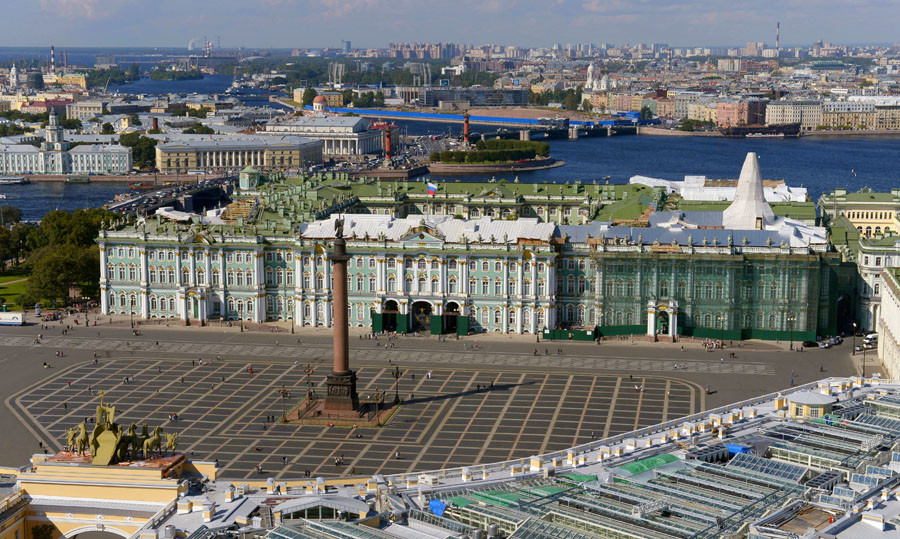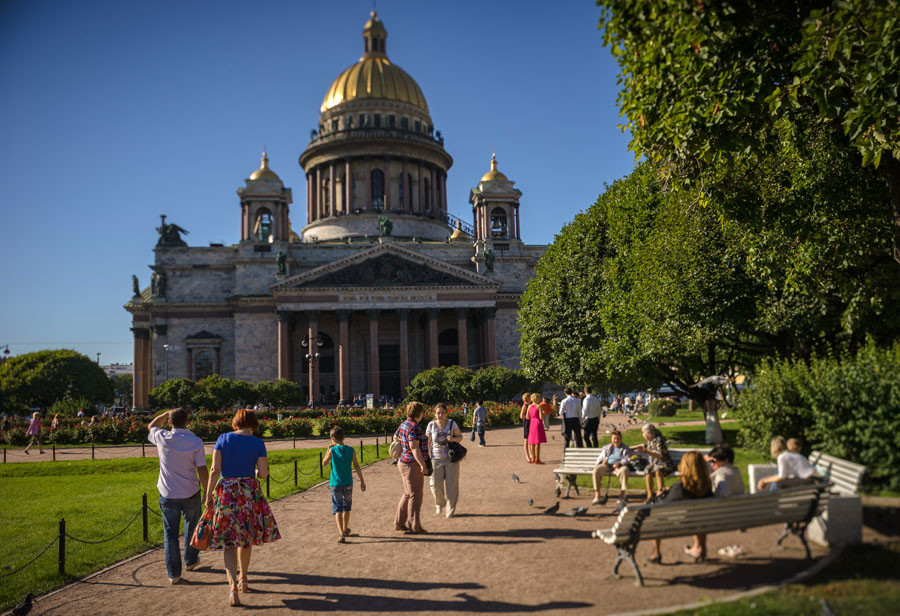“Central Bank of Russia (CBR) governor Elvira Nabiullina is using orthodox but painful policy measures to combat the oil- and sanctions-driven storm that is ravaging the economy,” the magazine said Wednesday.
The publication appreciated Nabiullina and her team for their crisis-fighting skills, with the CBR’s dramatic moves last year to stabilize the domestic currency through interest-rate rises, and efforts to boost local-currency and hard-currency liquidity for financial institutions.
Those measures combined with the decision to implement a free-floating exchange rate and an inflation-targeting regime, stabilized the financial system and boosted foreign-investor confidence, according to the publication.
READ MORE: Russia’s top banker debuts in Forbes list of most powerful women
“The CBR played their hand well: it stopped intervening uselessly, deployed reserves far more effectively by means of the FX repo and took the long view by tightening interest rates,” Paul McNamara, an emerging markets debt portfolio manager at global asset management group GAM told Euromoney.
Euromoney has nominated a Central Bank Governor of the Year for more than 30 years, coinciding with World Bank and IMF meetings.
Awards for Excellence cover more than 20 global product categories, best-in-class awards in all regions and the best banks in close to 100 countries around the world.
“This award is a great honor for me, as well as, definitely, the high evaluation of the Central Bank of Russia’s overall team performance,” Nabiullina told the magazine.
READ MORE: Nabiullina takes over Russia’s Central Bank’s top post
The Russian economy has faced up to serious challenges to its financial system, which requires tough decisions both in monetary policy and banking regulation, according to Nabiullina.
She added that global markets had entered the territory of uncertainty, calling on Russia to stay prepared for new challenges to come. In that context, the award of the Central Bank’s Governor of the Year means additional responsibility.
A former economic advisor to Russian President Vladimir Putin, Elvira Nabiullina became the first woman to run the Central Bank of Russia in 2013. She was Russia’s Minister of Economic Development and Trade in 2007-2012.
Article source: http://www.rt.com/business/315692-cb-russia-award-euromoney/?utm_source=rss&utm_medium=rss&utm_campaign=RSS

